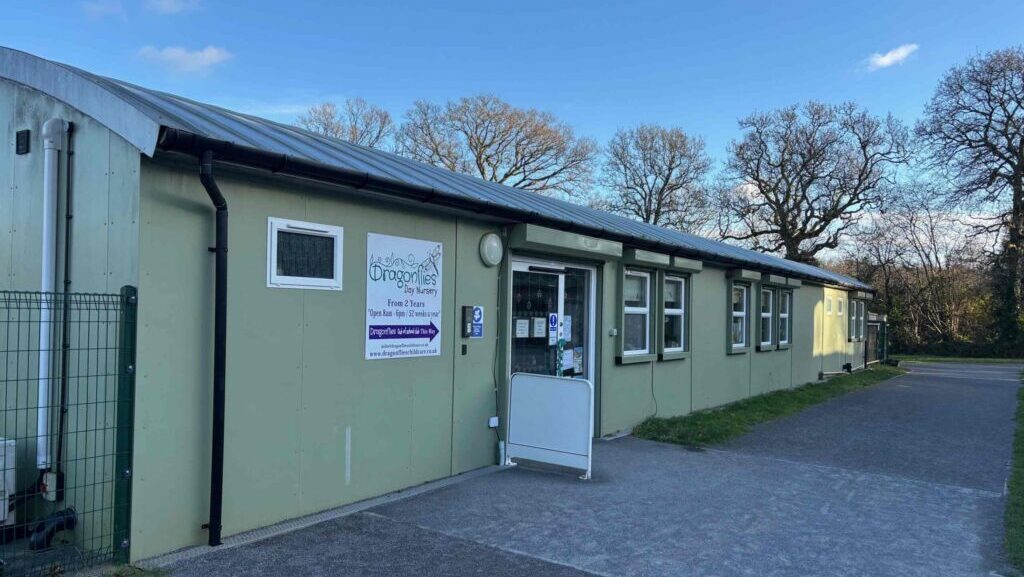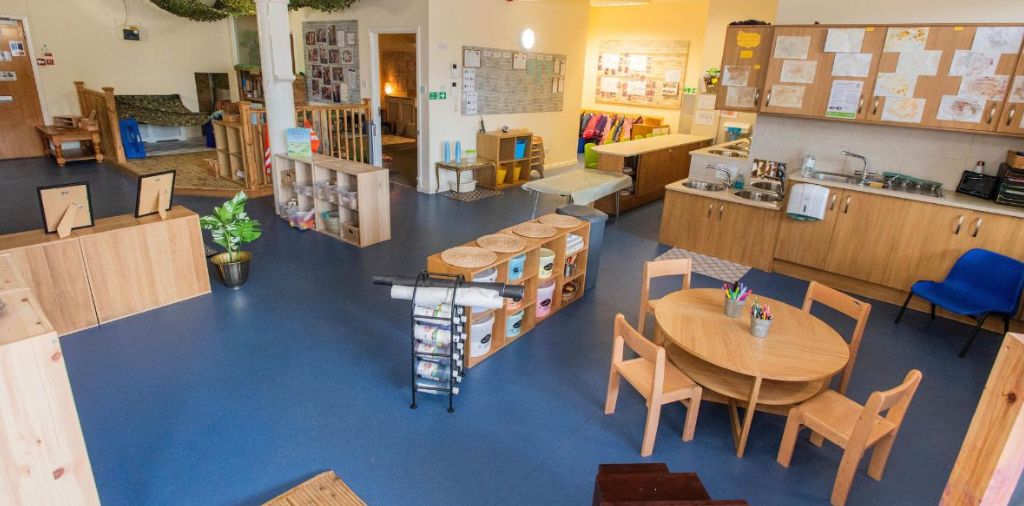The former owner of a group of nurseries is returning to the early years sector with the acquisition of a…
IFS survey: Social and emotional skills worsened significantly during the pandemic
According to the latest IFS survey, nearly half of parents (47%) reported that their child’s social and emotional skills had declined during the first year of the Covid-19 pandemic.
Only one in six children saw improvement in social and emotional skills during this time. The research points to the previous couple of years of economic turbulence as a key factor.
IFS survey: Key findings
The IFS survey noted that children from all backgrounds were affected but it highlighted that:
- Children aged 4 to 7 years were 10 percentage points more likely to have seen their social and emotional development worsen than 12- to 15-year-olds
- Children whose parent’s jobs changed were impacted more and,
- Unlike previous research, these findings suggest that there is little evidence that children in disadvantaged families fared worse.
Andrew McKendrick, research economist at IFS and an author of the report, said: “During the Covid-19 pandemic, children from all backgrounds saw their social and emotional skills worsen considerably. Children lived through many changes during these years: school closures, lack of contact with friends and family, and potentially devastating severe illness or death among loved ones. Our research shows that another important driver of children’s declining skills was the economic disruptions experienced by their parents, whether or not those disruptions led to a large income loss. With the cost of living crisis currently hitting many families’ budgets, our findings are a reminder that economic uncertainty can have multi-generational impacts.”
Josh Hillman, director of education at the Nuffield Foundation, said: “This important research highlights yet another adverse and compounding effect the pandemic had on children and young people, particularly those whose parents stopped working or were furloughed. Children’s social and emotional development is important, not only in its own right, but also in supporting their capacity to learn and achieve in school, which in turn can bolster their longer-term outcomes.”
Commenting, Neil Leitch, chief executive of the Early Years Alliance, said:
“It is incredibly concerning, though sadly not surprising, that such a high proportion of families have reported that their children’s social and emotional skills worsened during the pandemic.
“And while it is vital that, moving forward, all children are given the care and attention they need to make up for the ‘lost learning’ during this period, given the particularly significant impact of the pandemic on younger children, it’s clear that this needs to start in the early years.
“How can it be, then, that at a time when young children need more individual and high-quality support than ever, ministers have chosen to take an approach to early years policy will achieve the exact opposite?
“From the relaxing of ratios to the lowering of qualification requirements, the government’s insistence on prioritising increasing capacity in the early years over and above ensuring quality provision is the worst possible approach at the worst possible time.”
The results are drawn from a survey run by IFS and the UCL Institute of Education in February 2021, funded by the Nuffield Foundation. The researchers asked parents 13 questions about their child’s behaviours, both in February 2021 and, retrospectively, a year earlier.
Latest News
Emperor Nurseries has acquired Dragonflies Childcare, an early years setting in Hampshire, in a deal facilitated by specialist business property…
Small nursery group Leaps and Bounds (Scotland) has acquired Abbey Mill Childcare in a deal facilitated by Redwoods Dowling Kerr…




